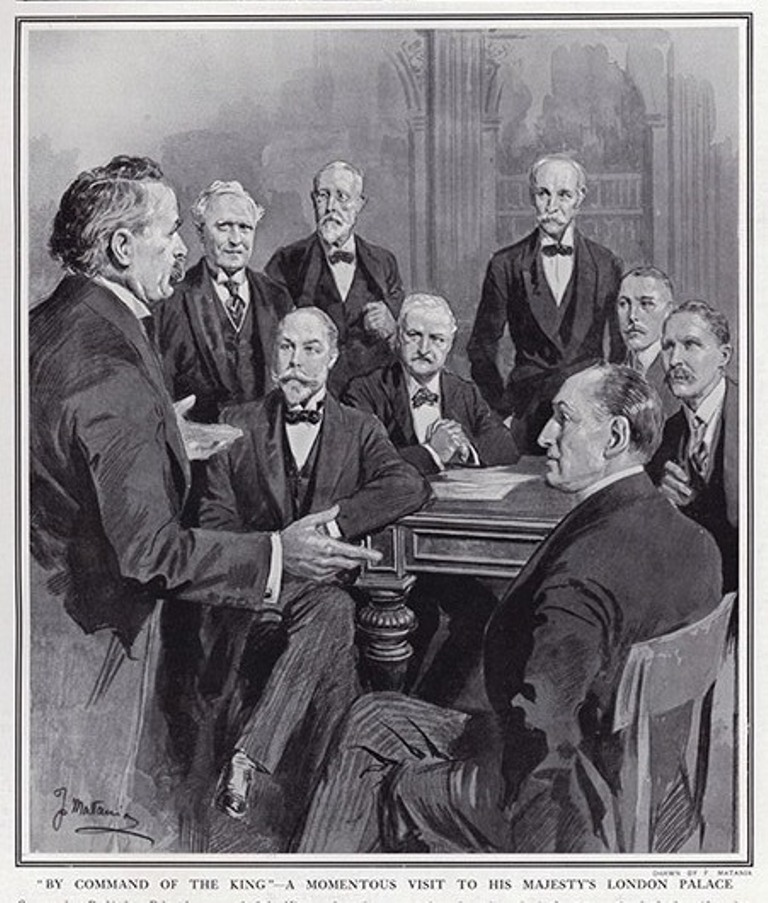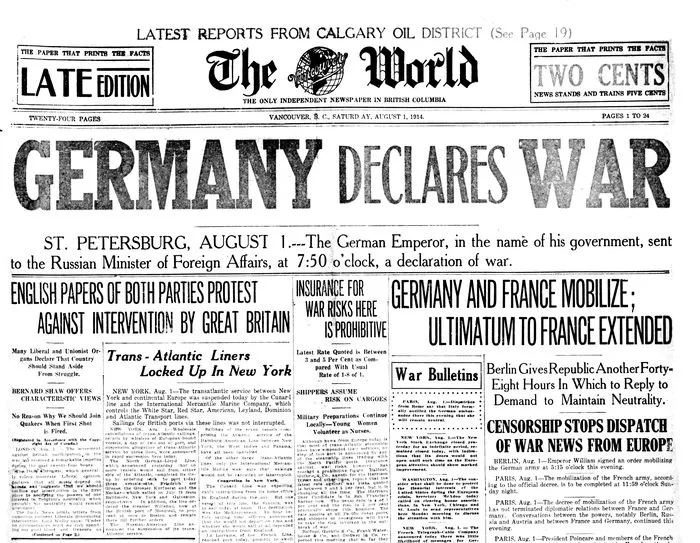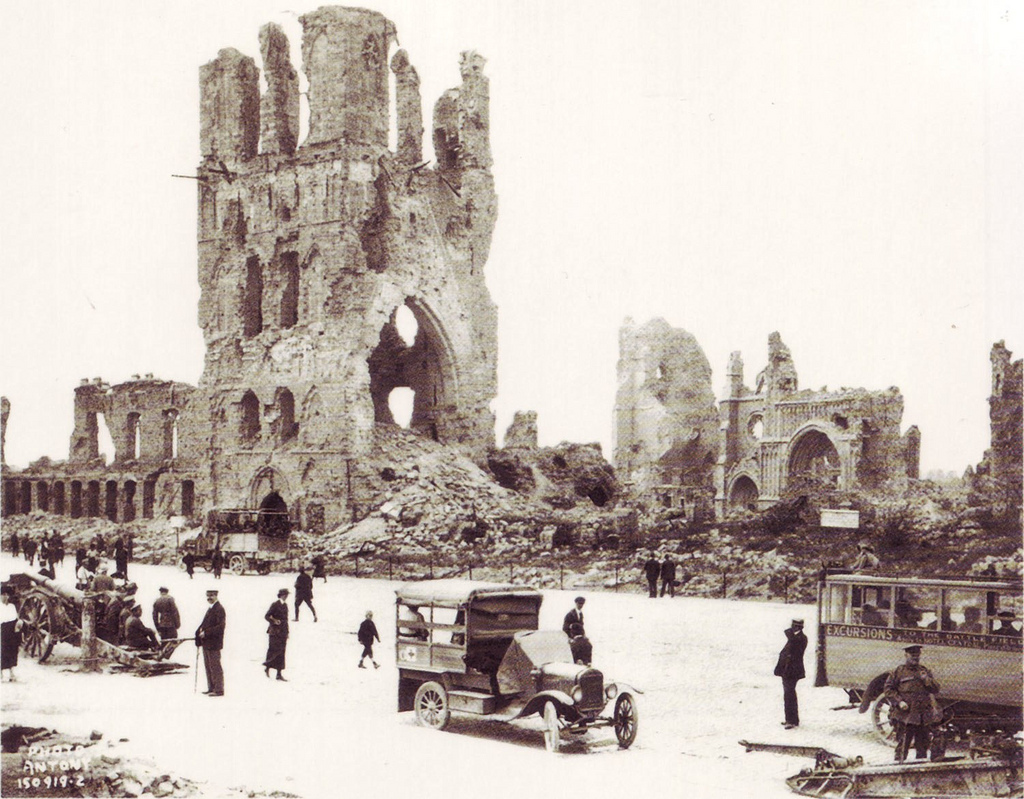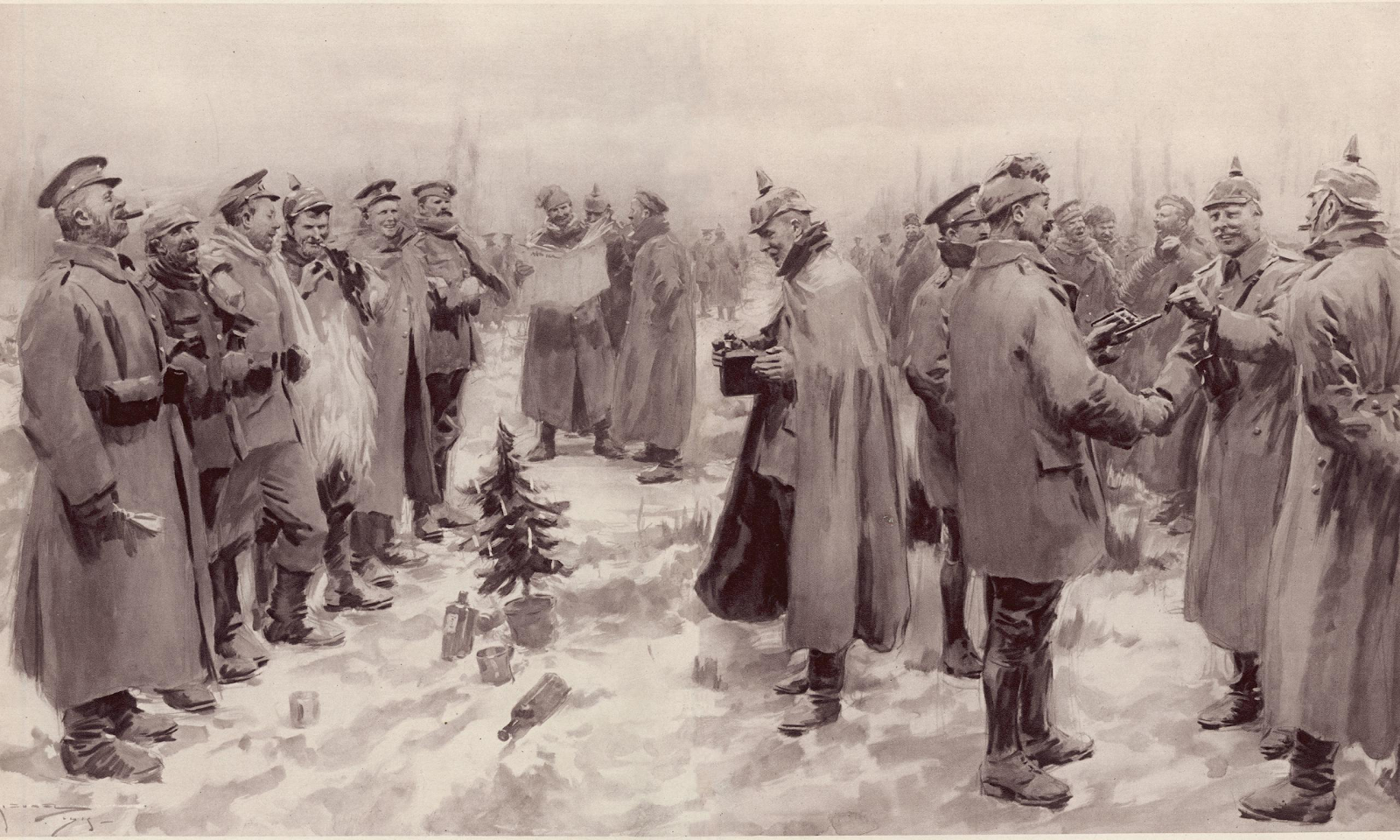This novel takes place in 1914, and it starts in July.
The first reference to the conflicting relations in Europe is the assassination of Archduke Franz Ferdinand. Archduke Franz Ferdinand Carl Ludwig Joseph Maria of Austria (18 December 1863 – 28 June 1914) was the heir presumptive to the throne of Austria-Hungary. His assassination in Sarajevo was the most immediate cause of World War I. On Sunday, 28 June 1914, at about 10:45 am, Franz Ferdinand and his wife were assassinated in Sarajevo, the capital of the Austro-Hungarian province of Bosnia and Herzegovina. The perpetrator was 19-year-old Gavrilo Princip, a member of Young Bosnia and one of a group of assassins organized and armed by the Black Hand.
Laura Hunter, Edward's sister, believes in the suffragettes' cause, whose main representative is Mrs Pankhurst. Emmeline Pankhurst (15 July 1858 – 14 June 1928) was a British political activist who organised the British suffragette movement and helped women win the right to vote.
She makes reference to the Cat and Mouse Act. The Prisoners Act 1913, commonly referred to as the Cat and Mouse Act, was an Act of Parliament passed in Britain under H. H. Asquith's Liberal government in 1913. Some members of the Women's Social and Political Union (WSPU, commonly referred to as suffragettes) had been imprisoned for acts of vandalism in support of women's suffrage. In protest at being imprisoned, some of the suffragettes undertook hunger strikes. The hunger strikers were force-fed by the prison staff, leading to a public outcry. The act was a response to the protestations. It allowed the prisoners to be released on licence as soon as the hunger strike affected their health; they then had a predetermined period of time in which to recover after which they were rearrested and taken back to prison to serve out the rest of their sentence.
Laura makes reference to the vandalism of a painting by Velazquez when a suffragette slashed the famous Rokeby Venus. On March 4, 1914, Mary Richardson walked into the National Gallery in London and headed towards the Rokeby Venus by Diego Velasquez with a meat cleaver. She attacked Velasquez’ Rokeby Venus, in order to “destroy the picture of the most beautiful woman in mythological history”. Before being evacuated onto Trafalgar Square, she could slash the painting about 5 times.
In 1914 Mrs Pankhurst was released after being forcefed, and her health had suffered terribly.
When Charles invites Diana to a picnic, they go to Cookham. Cookham is a historic Thames-side village and civil parish on the north-eastern edge of Berkshire.
In 1914 there was talk about Ireland and the problems there. The Home Rule Bill was passed. Home Rule, in British and Irish history, is the movement to secure internal autonomy for Ireland within the British Empire. The bill became law Sept. 18, 1914, but was inoperative for the duration of World War I.
In July there was the Buckingham Palace Conference, which was a conference called in Buckingham Palace in 1914 by King George V to which the leaders of Irish Nationalism, John Redmond and Irish Unionism Edward Carson, were invited to discuss plans to introduce Irish Home Rule and avert a feared civil war on the issue. The King's initiative brought the leaders of Nationalism and Unionism together for the first time in a conference.
On 23 July Austria issued an ultimatum to Serbia. They accused Serbia of supplying arms to the assassin of the Archduke. The Austro-Hungarian ultimatum demanded that Serbia formally and publicly condemn the "dangerous propaganda" against Austria-Hungary. Moreover, Belgrade should "suppress by every means this criminal and terrorist propaganda". Most European foreign ministries recognised that the ultimatum was formulated in terms so harsh that the Serbs would be unable to accept it. Additionally, Serbia was only given 48 hours to comply.
At the time Asquith is the Prime Minister. Herbert Henry Asquith (12 September 1852 – 15 February 1928) was a British politician and statesman who served as Prime Minister of the United Kingdom from 1908 to 1916.
Austria declard war on Austria on 28 July. Exactly one month after Franz Ferdinand's assassination, Austria-Hungary declared war on Serbia. That evening, Austro-Hungarian artillery shelled the Serbian capital of Belgrade, effectively starting World War I.
Germany entered into World War I on August 1, 1914, when it declared war on Russia.
Peter, the youngest of the Hunters, wants to see the Endurance depart. The Endurance was the ship where Sir Ernest Shackleton sailed to Antarctica. The expedition was struck by disaster when its ship, Endurance, became trapped in pack ice and finally sank on 21 November 1915. The crew escaped by camping on the sea ice until it disintegrated, then by launching the lifeboats to reach Elephant Island and ultimately the South Atlantic island of South Georgia, enduring a stormy ocean voyage in Shackleton's most famous exploit.
Britain entered the war on 4 August 1914, when King George V declared war after the expiry of an ultimatum to the German Empire.
The British ARmy had to retreat at Le Cateau. The Battle of Le Cateau was fought on the Western Front during the First World War on 26 August 1914.
The German Army burnt down Tamines down. The massacre of Tamines was the summary executions and mass murder perpetrated by the German army against Belgian civilians in the town of Tamines in Namur, Belgium.
The Battle of Dinant was an engagement fought by French and German forces in and around the Belgian town of Dinant in the First World War. On 15 August 1914, German troops captured the Citadel of Dinant which overlooked the town; the citadel was recaptured by a French counter-attack during the afternoon. A German raiding-party drove into Dinant on the night of 21/22 August but the attack degenerated into a fiasco, in which Germans may have fired at each other. Rather than consider that the small-arms fire may have come from the French troops on the west bank, the German soldiers blamed Belgian civilians, killing seven and burning down 15 to 20 houses in reprisal. The raiders withdrew having suffered 19 dead and 117 wounded.
In Louvain the town was pillaged and many killed. The Sack of Louvain was the German assault on the Belgian town of Leuven ), taking place during the First World War. Over the course of several days of pillaging and brutality 248 people were killed and 1,500 were deported to Germany where they were held at the Munster camp until January 1915. The Library of the Catholic University of Leuven was destroyed after it was set on fire by the occupying German soldiers and 1,120 of the 8,928 homes in Leuven were destroyed.
In Britain Germans were interened in the Exhibition Hall at Olympia and ALexandra Place.
Laura learns to drive and volunteers as a driver, and her car is a Crossley Landaulette.
When David and Oliphan get their uniforms, they have problems wrapping the puttee round their legs.
When Jack is on leave, he tells his wife about the Cloth Hall in Ypres being shelled and destroyed. The Ypres Salient, around Ypres, in Belgium, was the scene of several battles and a major part of the Western Front during World War I.
Some towns like Scarborough, Hartlepool adn Whitby were shelled from the sea by German warships on 16 December 1914 - the first places on mainland Britain to be attacked during World War One.
The book ends on Christmas when the German and British army cease fire to celebrate Christmas together. Roughly 100,000 British and German troops were involved in the informal cessations of hostility along the Western Front. The Germans placed candles on their trenches and on Christmas trees, then continued the celebration by singing Christmas carols. The British responded by singing carols of their own.

























No comments:
Post a Comment